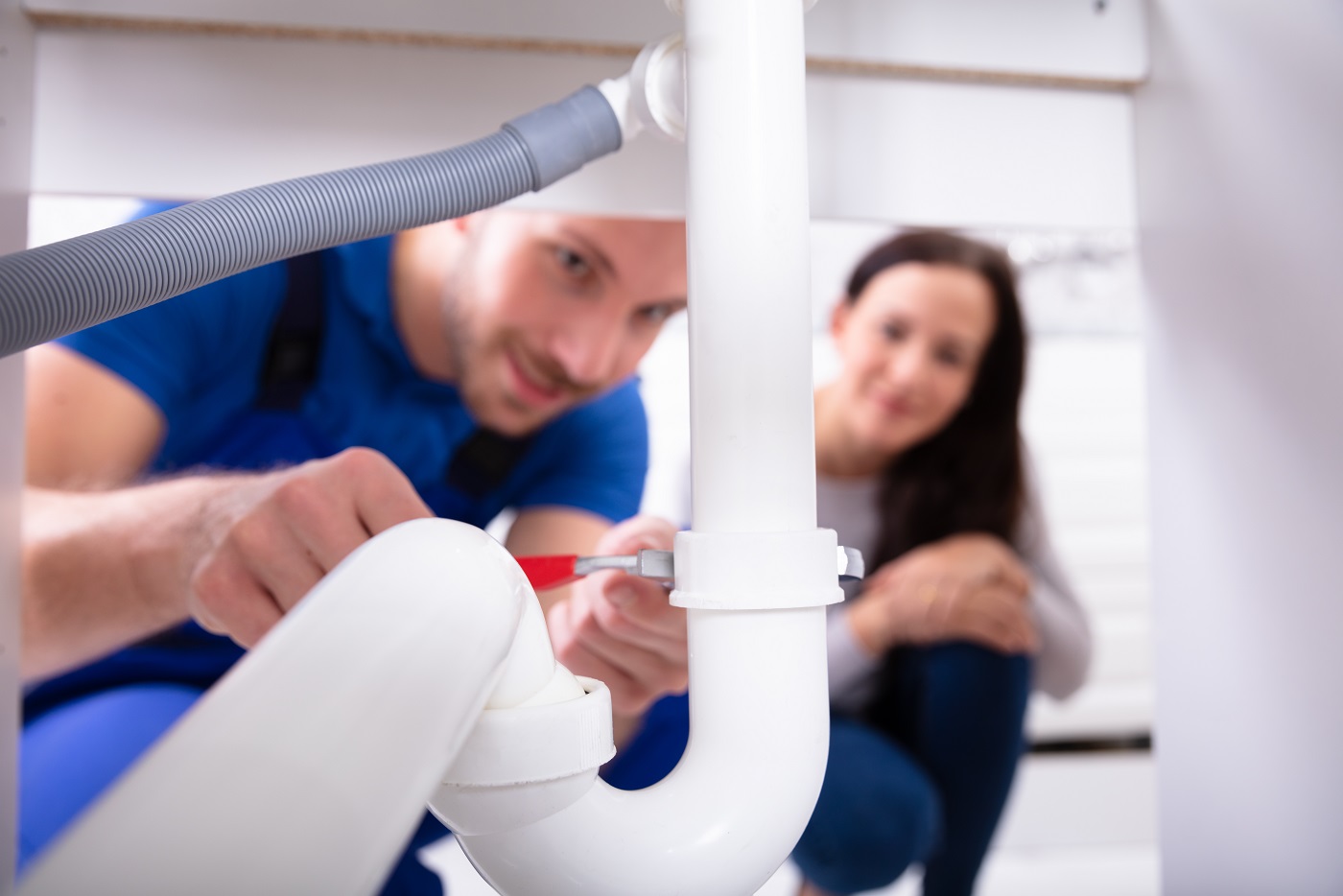From a Blocked Drain in Southampton to anywhere else in the world, blocked drains are a common household problem and can cause several issues. Water cannot flow freely when a drain is blocked, leading to water backup. This can cause sinks, bathtubs, or showers to fill up with dirty water, making them unusable. It can also result in toilets not flushing properly, leading to unsanitary conditions. They can also cause unpleasant odors to emanate from the stagnant water and trapped debris. These odors can spread throughout the affected area, making it uncomfortable and creating an unpleasant living environment.
To prevent drains from getting blocked, here are some tips you can follow:
- Use drain covers: Install drain covers or screens over all your drains to catch hair, food particles, and other debris. Clean these covers regularly to prevent clogs from forming.
- Dispose of waste properly: Avoid flushing or rinsing down items that can easily cause blockages, such as wet wipes, sanitary products, dental floss, or cooking grease. Dispose of these items in the trash instead.
- Clean hair from drains: Clean any hair that accumulates around the drain after showering or grooming. You can use a drain snake or a bent wire hanger to remove hair from the drain opening.
- Be mindful of food waste: In the kitchen, discard leftover food into the trash bins before washing dishes or using the dishwasher. Avoid pouring oil or grease in the drain, as they can solidify and cause clogs. Instead, let the grease cool and dispose of it in a container or the trash.
- Regularly clean drains: Pour boiling water down the drains every few weeks to help remove buildup and keep them clear. Mix vinegar and baking soda and use the mixture to clean and deodorize drains. Follow it up with hot water to flush away any residue.
- Install a lint catcher: If you have a washing machine, install a lint catcher or lint trap on the discharge hose to prevent lint and debris from entering the drain system.
- Flush with hot water: Once a month, run hot water down your drains to help remove any accumulated residue and keep them flowing smoothly.
- Avoid excessive use of chemicals: While chemical drain cleaners can be effective, they can also damage pipes over time. Limit their use to occasional clogs and try more natural methods, as mentioned earlier.
- Regular maintenance: Consider scheduling professional drain cleaning services annually or as needed to keep your drains in optimal condition. A professional can remove stubborn clogs and inspect your plumbing system for any potential issues.
How to unblock drains?
To unblock drains, you can try the following methods:
- Boiling water: Start by pouring boiling water down the drain. This can help break up and flush away minor blockages.
- Plunger: Use a plunger specifically designed for drains. Ensure there is enough water in the sink, tub, or toilet to cover the suction cup of the plunger. Place the plunger over the drain and vigorously plunge up and down for about 20-30 seconds. Repeat if necessary.
- Baking soda and vinegar: Take 1/2 cup of baking soda and vinegar. Mix them and pour the mixture down the drain. Let it sit for 15-30 minutes. Then, flush it with hot water. This solution can help break down organic matter and clear minor clogs.
- Plumbing snake or wire hanger: Straighten a wire coat hanger or use a plumbing snake and insert it into the drain. Push and twist the snake or hanger to dislodge or hook onto the clog. Pull out the debris or work it loose.
- Chemical drain cleaner: If the blockage persists, use a chemical drain cleaner. Follow the manufacturer’s instructions on the product carefully, as these cleaners can be caustic. Be cautious and use them sparingly, as excessive use can damage pipes.
- Removing the trap: If the blockage is located in the trap under the sink, you can remove the trap and manually clear the clog. Place a bucket under the trap to catch any water or debris, then unscrew the fittings and carefully remove the trap. Clean it out and reassemble the trap afterward.
- Call a professional plumber: If the blockage is severe or persists despite your efforts, it’s best to call a professional plumber. They have the expertise and specialized equipment to handle stubborn clogs and can ensure the issue is resolved safely and effectively.
Blocked drains can become a breeding ground for bacteria, mold, and other harmful microorganisms. Stagnant water provides an ideal environment for the growth of bacteria, which can pose health risks. If left unaddressed, blocked drains can lead to water damage to your property. The water backup can seep into walls, floors, and ceilings, causing structural damage and promoting the growth of mold and mildew. This can result in costly repairs and health hazards. From Blocked Drain Services in Christchurch to elsewhere in the UK, you can easily find professional plumbers to resolve clogged drains, but before you do that, remember our tips for preventing blocked drains.

